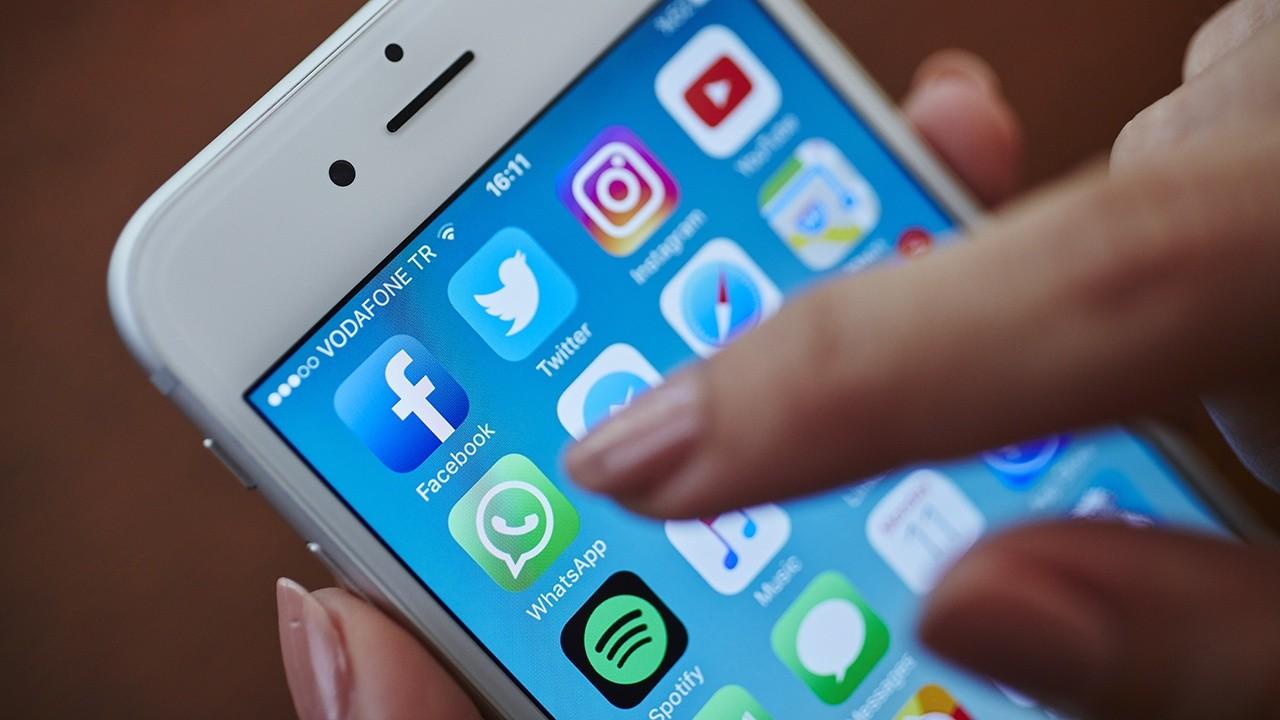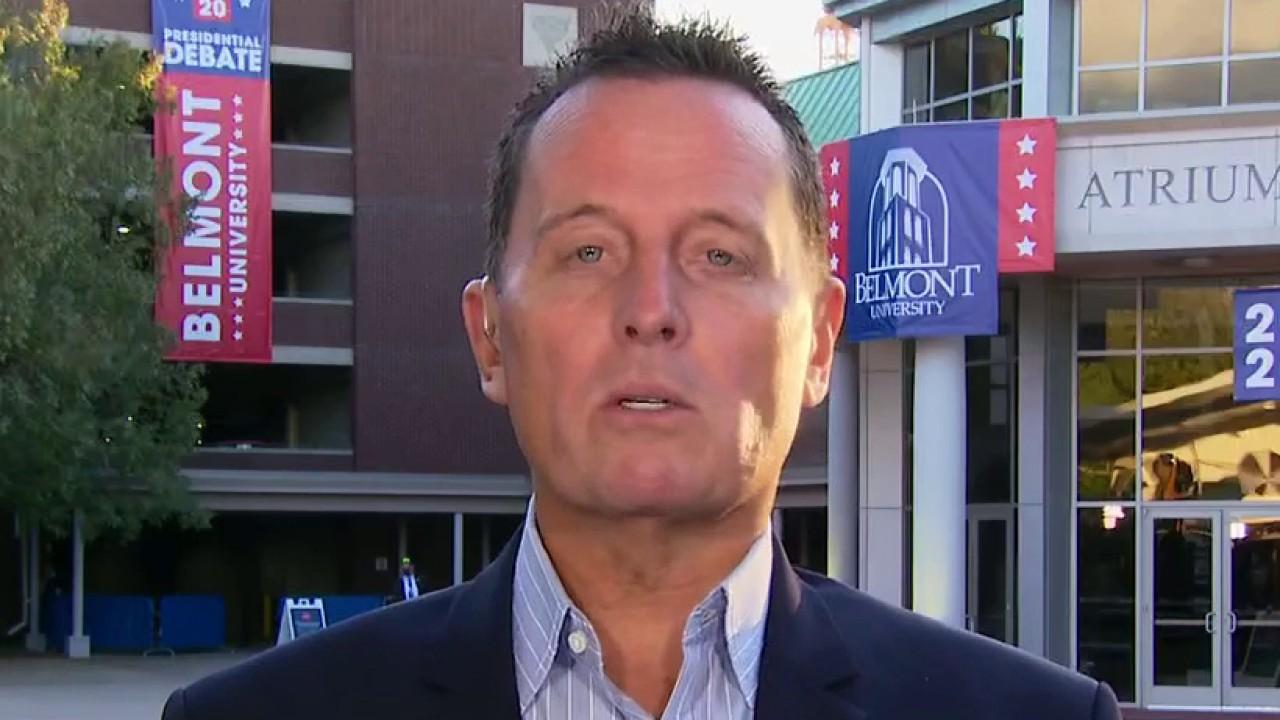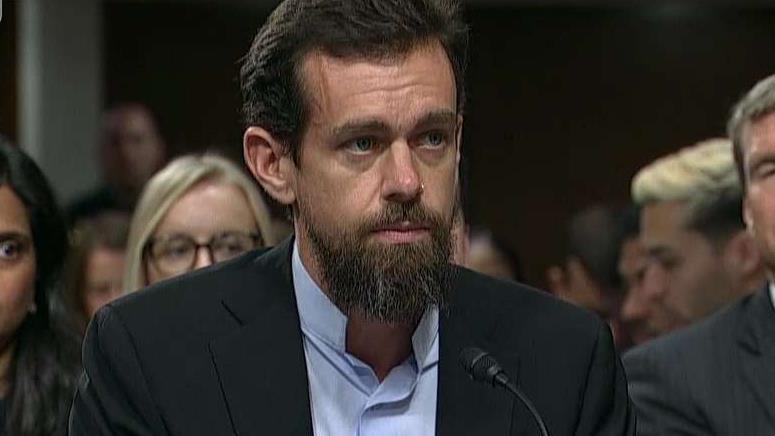Congress, Facebook, Twitter, Google CEOs need to be asked these 5 key questions
Free expression of speech on the Internet has been a hallmark of our democracy
Whether you agree or disagree with the decisions by Facebook and Twitter to censor the news reports on Hunter Biden’s email, there can be little doubt that Section 230 of the Communications Decency Act is to blame.
What has been called the most important law protecting Internet speech in the past is under scrutiny today for its relevance in the 21st century digital age.
On Wednesday, the Senate Commerce Committee convenes a hearing titled, “Does Section 230’s Sweeping Immunity Enable Big Tech Bad Behavior?
It comes in the wake of scathing attacks from both Republicans and Democrats for the shield Section 230 provides to Big Tech companies against liability for content they allow and disallow on their networks.
In short, Republicans are incensed over what they see as a pattern of bias against conservatives and Democrats are fuming over what they see as pervasive hate speech being permitted by the platforms. In either case, all agree that Facebook and Twitter have immense capacity and control to address the problems but have done so inadequately.
Section 230 Explained
So what is Section 230, and why is it at the center of so much controversy?
Simply put, 47 U.S. Code Section 230 states: “No provider or user of an interactive computer service shall be treated as the publisher or speaker of any information provided by another information content provider.”
And “No provider or user of an interactive computer service shall be held liable on account of any action voluntarily taken in good faith to restrict access to or availability of material that the provider or user considers to be obscene, lewd, lascivious, filthy, excessively violent, harassing, or otherwise objectionable, whether or not such material is constitutionally protected.”
ZUCKERBERG: FACEBOOK WILL RESTRICT LESS CONTENT AFTER US ELECTIONS
The law was Congress’ response to two separate cases in the 1990s that reached conflicting decisions—one holding the Internet service harmless for libelous content, and the other holding the Internet service liable for content that it moderated.
Section 230 was intended to “encourage the unfettered and unregulated development of free speech on the Internet” according to one judge and to allow Internet services to develop their own standards for enforcing content moderation—all aimed at thwarting frivolous litigation.
But in Washington, no good deed goes unpunished. The evolutionary interpretation and operation of Section 230 in real life has been problematic, culminating in recent high profile missteps by Facebook and Twitter.
ZUCKERBERG SAYS FACEBOOK HAS HELPED ROUGHLY 4.4M PEOPLE REGISTER TO VOTE
According to Scott Cleland, president of the responsible Internet consultancy Precursor, LLC: “America is the only country that legally protects platforms from people but not people from platforms.”
Agreement on Need for 230 Reform
Reform for Section 230 and asking the titans of Big Tech to explain their business practices may be the only policy issue that puts Trump, Biden, McConnell and Pelosi on the same page.
It is rare to find such bipartisan agreement in Washington, albeit for different reasons. That makes the Section 230 debate all the more meaningful, not to mention its timing during the most contentious election in recent history.
Championed by Senators Wicker, R-Miss., Graham, R-S.C. and Blackburn, R-Tenn., Republicans have teed up legislation titled "The Online Freedom and Viewpoint Diversity Act," which seeks to modify Section 230 of the Communications Decency Act to clarify the original intent of the law and examine Big Tech’s content moderation practices through an updated, more transparent standard.
Five Key Questions
Going into Wednesday’s hearing there are five key questions that need to be answered with the help of testimony from the leaders of Facebook, Google and Twitter.
| Ticker | Security | Last | Change | Change % |
|---|---|---|---|---|
| FB | PROSHARES TRUST S&P 500 DYNAMIC BUFFER ETF | 42.42 | +0.35 | +0.84% |
| GOOGL | ALPHABET INC. | 322.86 | -8.39 | -2.53% |
| TWTR | NO DATA AVAILABLE | - | - | - |
1. Given their immense market power and resources, why do companies like Twitter and Facebook still need to be shielded from liability for the content on their platforms? Don’t they have the wherewithal to investigate and police the content they publish? After all, these are no longer fledgling start-ups.
2. How can we restore civil discourse and First Amendment freedoms back to the Internet? What measures can be put into place that covers the spectrum of political speech and expression?
FACEBOOK DEPLOYS AGGRESSIVE MEASURES TO COMBAT ELECTION UNREST
3. What are appropriate moderation measures for Internet content? Can’t we develop universal standards based on accepted jurisprudence? Can we define “otherwise objectionable” material?
4. How do we define – or redefine – content publishers in a way that accurately captures the full range of content on the Internet?
5. What is the best way to incorporate and enforce transparency and accountability in digital content platforms such that investment, innovation and competition are not compromised, and new entrants are not deterred?
CLICK HERE TO GET THE FOX BUSINESS APP
These are among the many issues raised by the effort to reform Section 230. And while they are not likely to be resolved this year or next, the Senate inquiry is a welcome act of legislative authority.
Free expression of speech on the Internet has been a hallmark of our democracy, with rational exceptions to any such rules.
For over two decades, which is about a century in Internet time, the fate and fortune of countless companies have hung on the interpretation and application of Section 230.
As more of us exercise our First Amendment freedoms, it is incumbent upon Congress to democratize, equalize, and liberalize the laws allowing us to do so.
It is an American imperative that is neither Democratic or Republican.






















